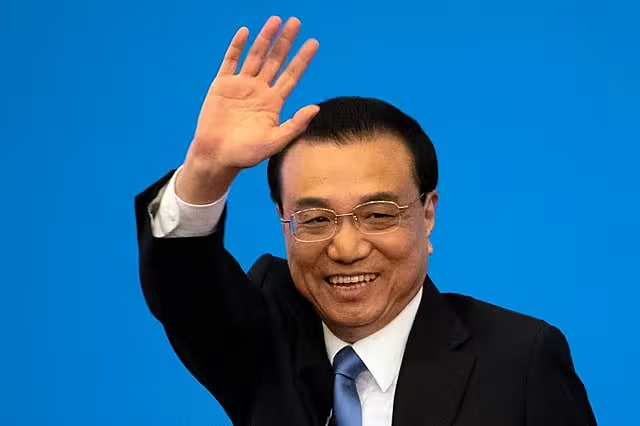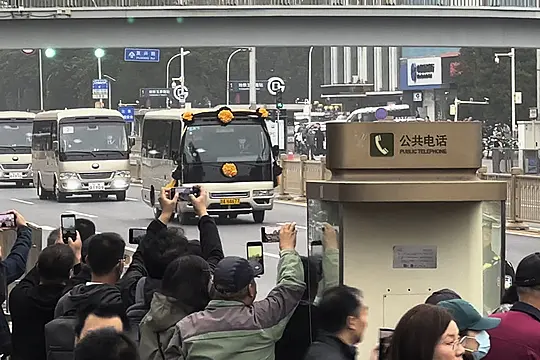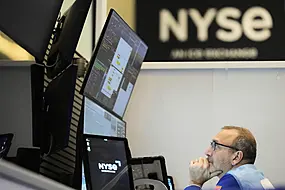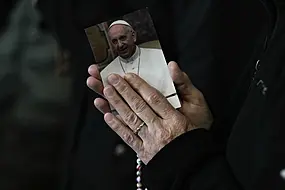Hundreds, possibly thousands, of people gathered on Thursday near a state funeral home in Beijing as China’s former second-ranking leader, Li Keqiang, was laid to rest, while a steady stream of mourners showed their respects at the ex-premier’s childhood home in central China.
Mr Li, who was China’s top economic official for a decade, died last Friday of a heart attack at age 68.
“The remains of Comrade Li Keqiang … were cremated at the Babaoshan Revolutionary Cemetery in Beijing on Thursday,” the official Xinhua News Agency reported.
State broadcaster CCTV showed President Xi Jinping accompanied by his wife, Peng Liyuan, bowing before Mr Li’s body, which was surrounded by greenery and covered with a Communist Party flag.

Mr Xi was followed by the other six members of the all-powerful Politburo Standing Committee.
“Li was extolled as an excellent (Communist Party) member, a time-tested and loyal Communist soldier and an outstanding proletarian revolutionist, statesman and leader of the party and the state,” Xinhua said, repeating the language it had used earlier in his brief obituary.
Mr Li was an advocate of private business who promised market-oriented reforms, and helped navigate the world’s second-largest economy through challenges such as rising tensions with the United States and the Covid-19 pandemic.
But he was left with little authority after Mr Xi made himself the most powerful Chinese leader in decades by eliminating presidential term limits and tightening control over the economy and society.
In front of the funeral home, plainclothes and uniformed police lined the roadway for hundreds of yards, blocking traffic and telling people to move along.
Police also moved people away from a subway station near the cemetery, where state funerals are held and many top leaders are buried.
A forest of phone cameras rose as the cortege consisting of several buses passed by.
Large crowds also gathered in Hefei city in the central province of Anhui, where a steady stream of people, some wearing black, were permitted to walk down Hongxing Road to add small bouquets of white and yellow chrysanthemums to a huge U-shaped mound and pay their respects in front of the three-story shophouse where Mr Li spent his childhood.
The large turnout was viewed by some as a protest against Mr Li’s political side-lining by the increasingly authoritarian Xi.
Such spontaneous gatherings are almost never permitted in China, but the authorities appeared to be taking a relatively light approach, possibly to avoid sparking a larger incident.
However, the small street was closed to traffic, and visitors proceeded under the watchful eye of a large team of people in blue vests, who ordered the crowd not to loiter.
AP journalists were shadowed by unidentified people who monitored their interviews and in some cases tried to record them.







